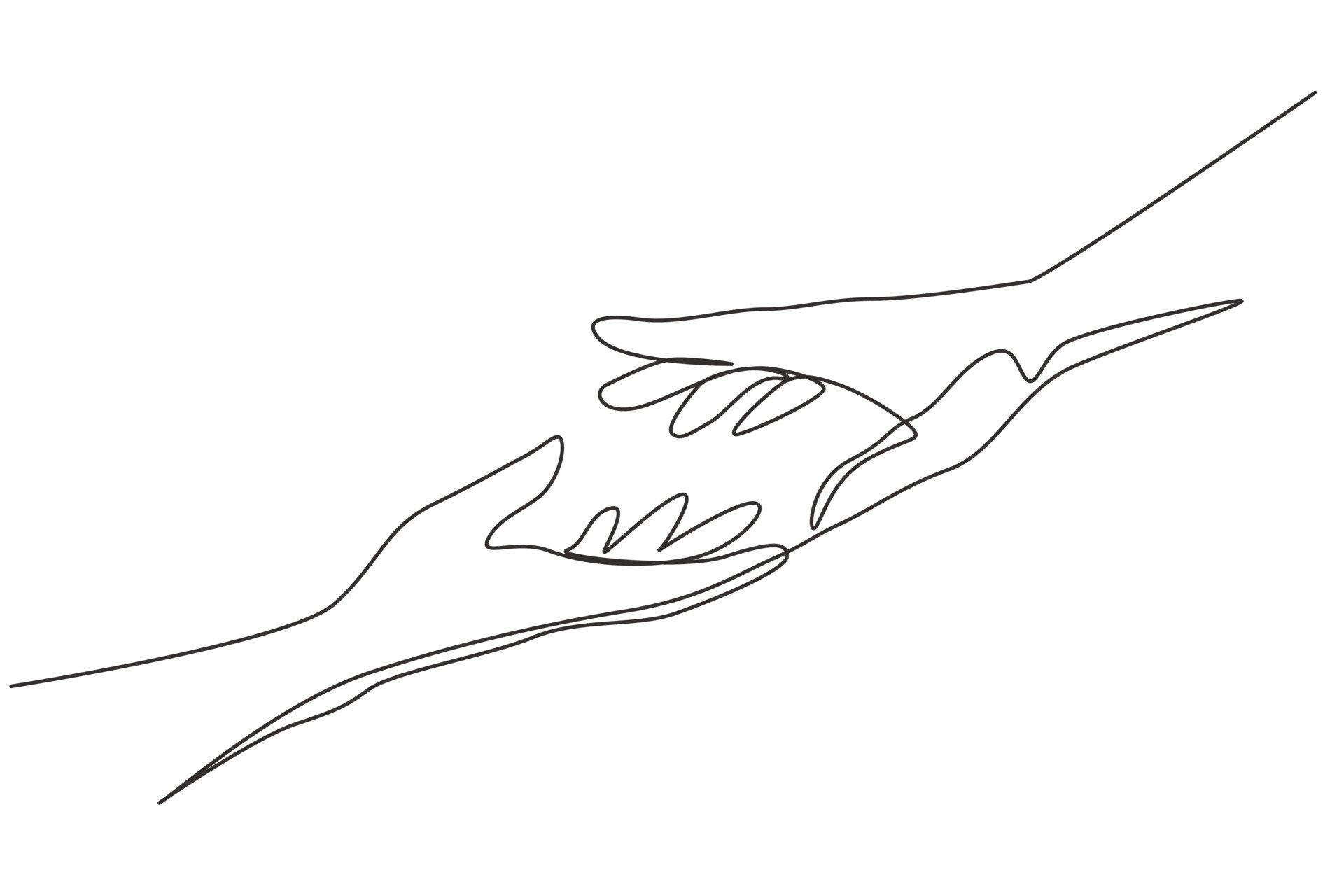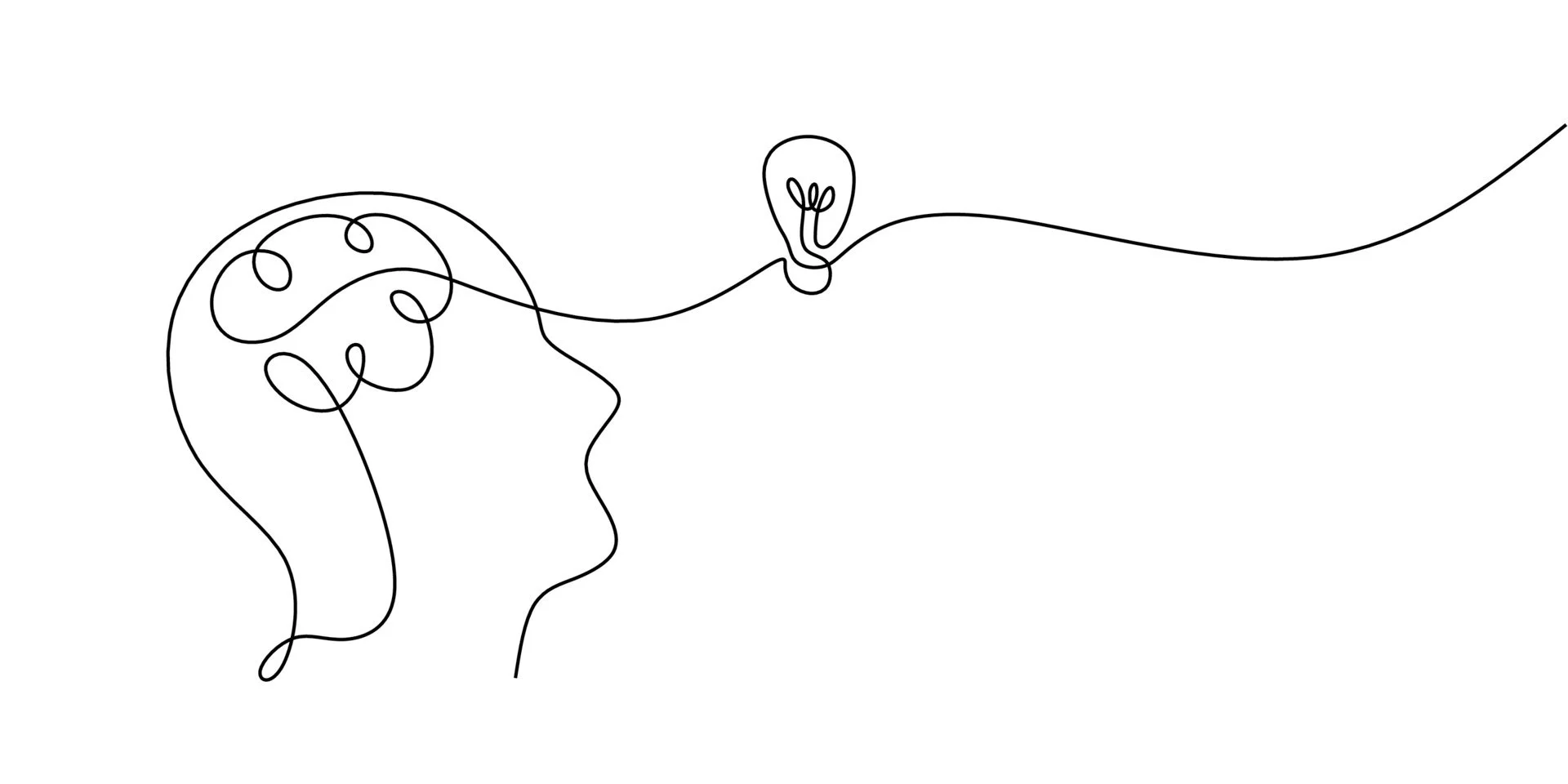I work with people in their 30s and 40s explore their transition to midlife with curiosity rather than fear
reflect on your identity & purpose
Noticing patterns in what energizes you versus what drains you
Getting curious about roles you’ve taken on (or outgrown) in relationships, work, and family
Untangling old narratives about who you’re supposed to be so you connect more with what fulfillment actually looks like for you
reevaluate your relationships
Navigating shifts in friendships, family dynamics, or partnerships with more clarity and trust in yourself.
Learning to set (and hold) boundaries in a way that feels authentic, not rigid or guilt-driven
Exploring vulnerability and emotional availability in a way that feels safe and empowering
Exploring what closeness and connection mean to you at this stage of life
redefine success
Navigating career shifts or pivots with self-trust rather than fear of failure
Identifying the difference between ambition that energizes you and pressure that depletes you
Redefining achievement beyond productivity, titles, or societal markers of success
When is midlife?
Midlife isn’t about a specific number—it’s a shift in how you experience yourself and the world around you. It’s a time when transitions push you to reevaluate what truly matters and when the life you’ve built may no longer feel like the right fit. Relationships shift, career paths evolve, priorities change, and you may find yourself questioning “what’s next?”
While these transitions can bring uncertainty, they also offer a powerful opportunity for realignment. When old roles and routines are no longer working for you, it’s a good time to step back, reassess, and move forward with greater clarity and intention.
I can help you:
-
Your time, efforts, and relationships should reflect what matters most to you. When you know what you value, you can make better decisions.
Your values are also important to motivating you to do what is hard and take big steps because you can connect them to what you find meaningful.
-
Thoughts like “starting over would mean I failed”, "if I take time for myself, I’m being selfish", or “I should be able to handle this on my own” are often part of the reasons that we feel stuck.
Relational patterns like people-pleasing and emotionally shutting down may have served important purposes in the past, but you have come to realize that they are now getting in the way of relationships you desire, including with yourself.
Learning to detach from those thoughts, recognize your emotions, and express them effectively will help you feel more grounded in yourself.
-
Vulnerability is essential to human connection. It facilitates you showing up more fully in relationships and experiencing the deep, meaningful change that comes from being truly seen.
-
When we approach challenges with flexibility and self-compassion, we learn to create space for growth and progress even when things don't go as planned.
-
When you reduce the noise of social pressures it helps you find clarity, allowing you to focus on what truly matters to you and live in alignment with your values.


